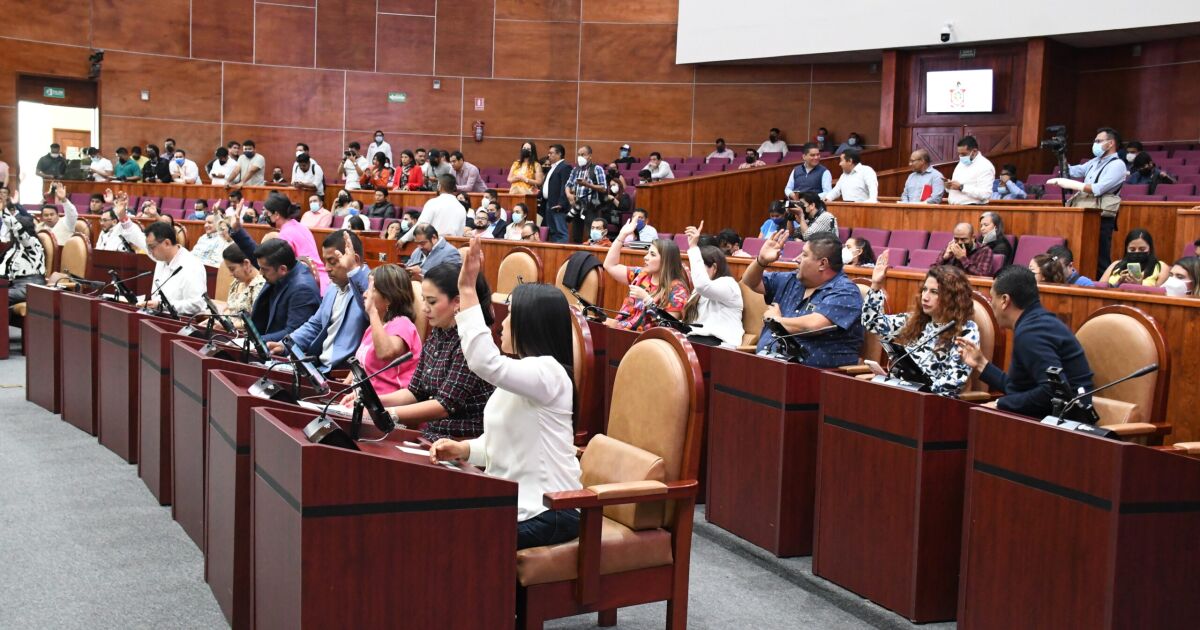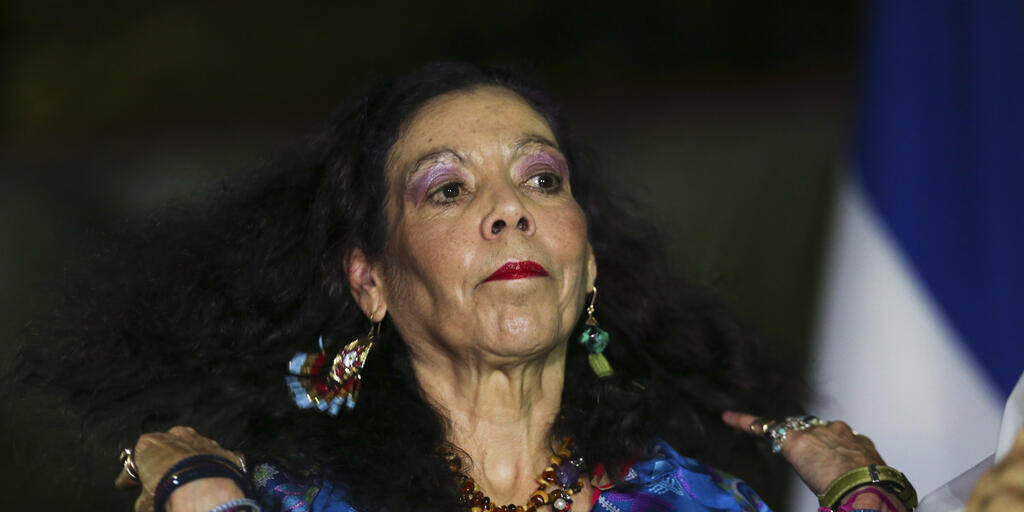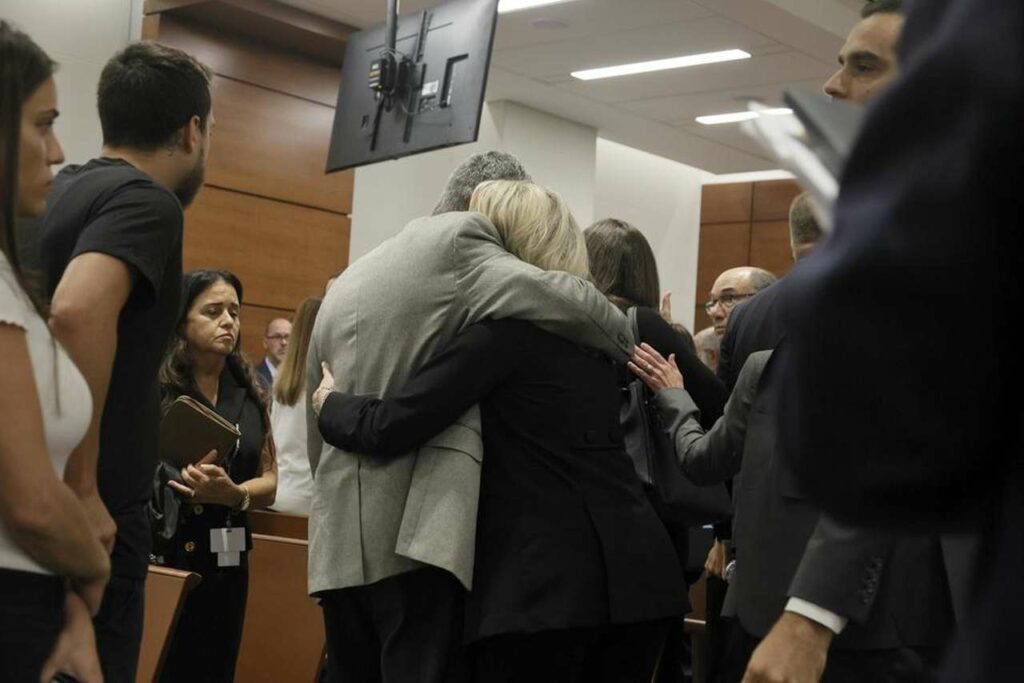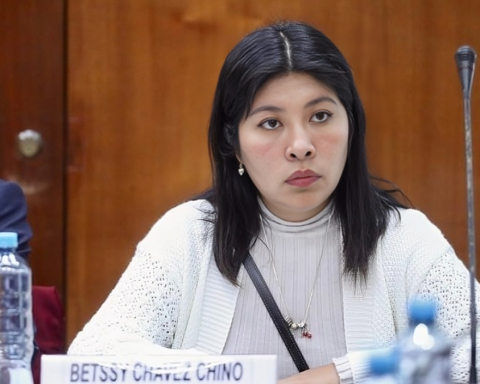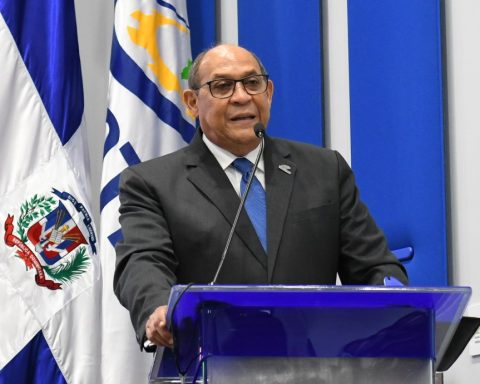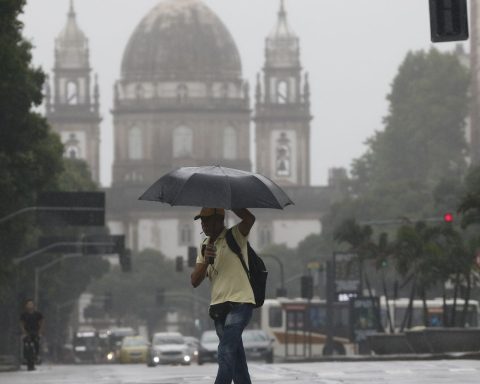??♂️??♀️ #Oaxaca became the first state in the country to endorse the reform of the Political Constitution of the United Mexican States, in terms of #National Guard in order to achieve the pacification of the Mexican Republic. pic.twitter.com/xM1iWv6iqr
– Oaxaca Legislative Power (@CongresoOaxaca_)
October 13, 2022
With the foregoing, the local Congress pointed out, the aim is to guarantee the pacification of the Mexican Republic.
The legislative change establishes that the permanent armed force will carry out public security tasks with its organization and means, and must be trained in civilian police doctrine.
Likewise, the Congress of Oaxaca endorsed this Thursday with 38 votes in favor the opinion with a draft decree by which fraction X is added to article 116 of the Political Constitution of the United Mexican States, in matters of Symbols of the Federative Entities, with the purpose of promoting cultural heritage, history and local identity.
in CDMX
It will be this Tuesday, October 18, when the Congress of Mexico City discusses the minutes sent by the federal Congress regarding the permanence of the Armed Forces in security tasks until 2028.
In the ordinary session this Thursday, the president of the board of directors Fausto Manuel Zamorano ordered a recess of more than 10 minutes to be able to speak with the parliamentary coordinators of the legislative chamber and report on the reception of the document.
“The minute was received by which the fifth transitory article is reformed, by which they reform, add and repeal various provisions of the Political Constitution of the United Mexican States in matters of the National Guard, published in the Official Gazette of the Federation on 26 March 2019,” he explained.
The president of the board of directors summoned the 66 deputies at 9:00 am on October 18 to install the permanent constituent and discuss the minutes.
The reform to extend the presence of the Army in the streets to 2028, with “parliamentary controls”, was approved by the Chamber of Deputies with a qualified majority of 339 votes, and with the opposition divided.
To endorse it, they joined Morena and their allied legislators from the Institutional Revolutionary Parties (PRI) and 3 of the 15 of the Democratic Revolution (PRD), Macarena Chávez, Javier Huacus Esquivel and Mauricio Prieto, all from Michoacán.
That fractured the Va por México coalition, and without the PRI and with the PRD divided, the opposition remained in a minority of 155 votes, with which they could not stop the reform, because with 496 deputies present, 334 votes would have been enough. Of the PRI only two voted against, Sue Ellen Bernal and Francisco Yunes.
